After almost two months since we left Yunnan Jianshui (雲南建水) in mid June, we finally entered the eastern border of Tibet and arrived at its first town called Mangkang (芒康). This is the eastern gateway into Tibet and usually people just stay the night and continue to head towards Lhasa direction the next morning. We of course stayed much longer.
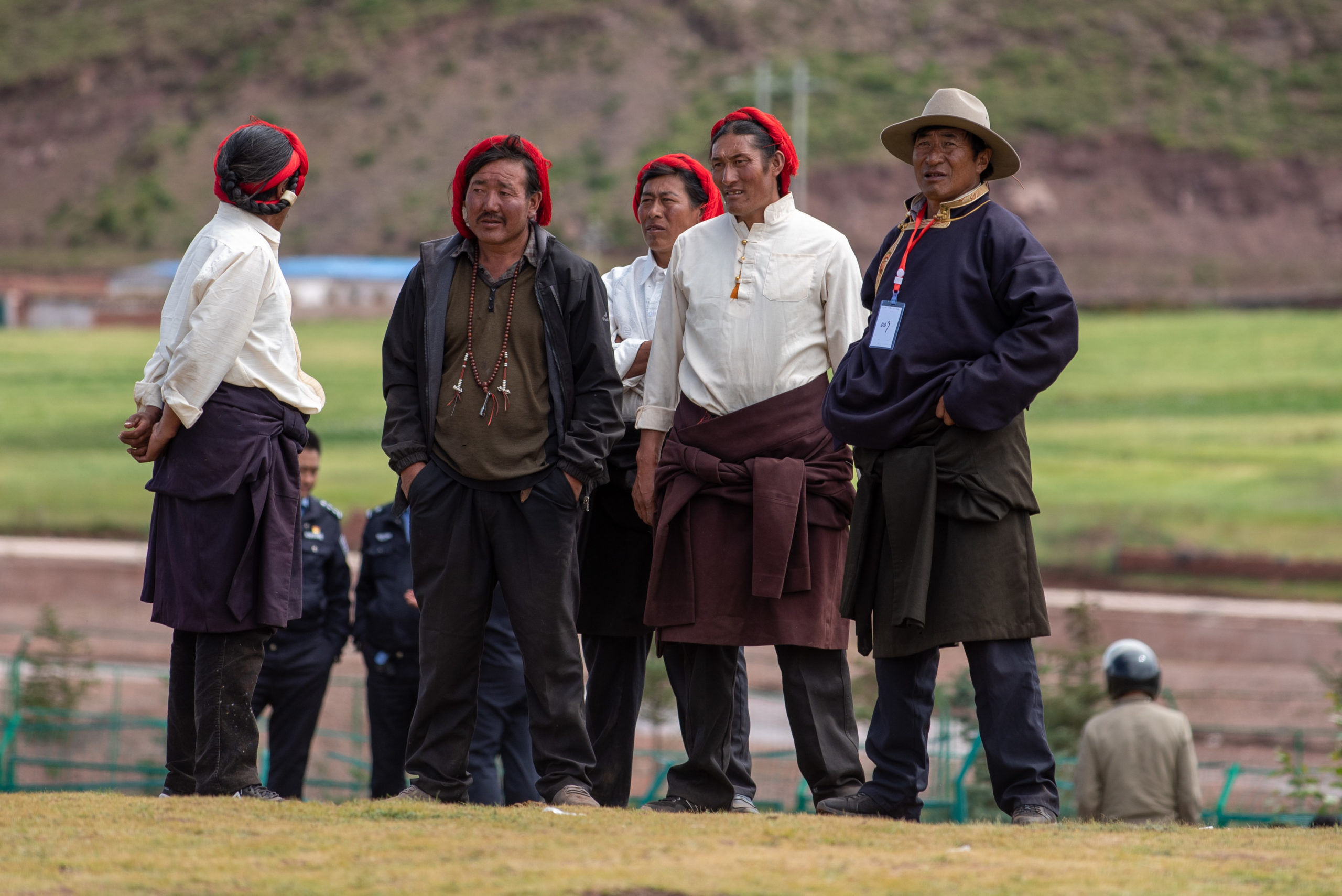
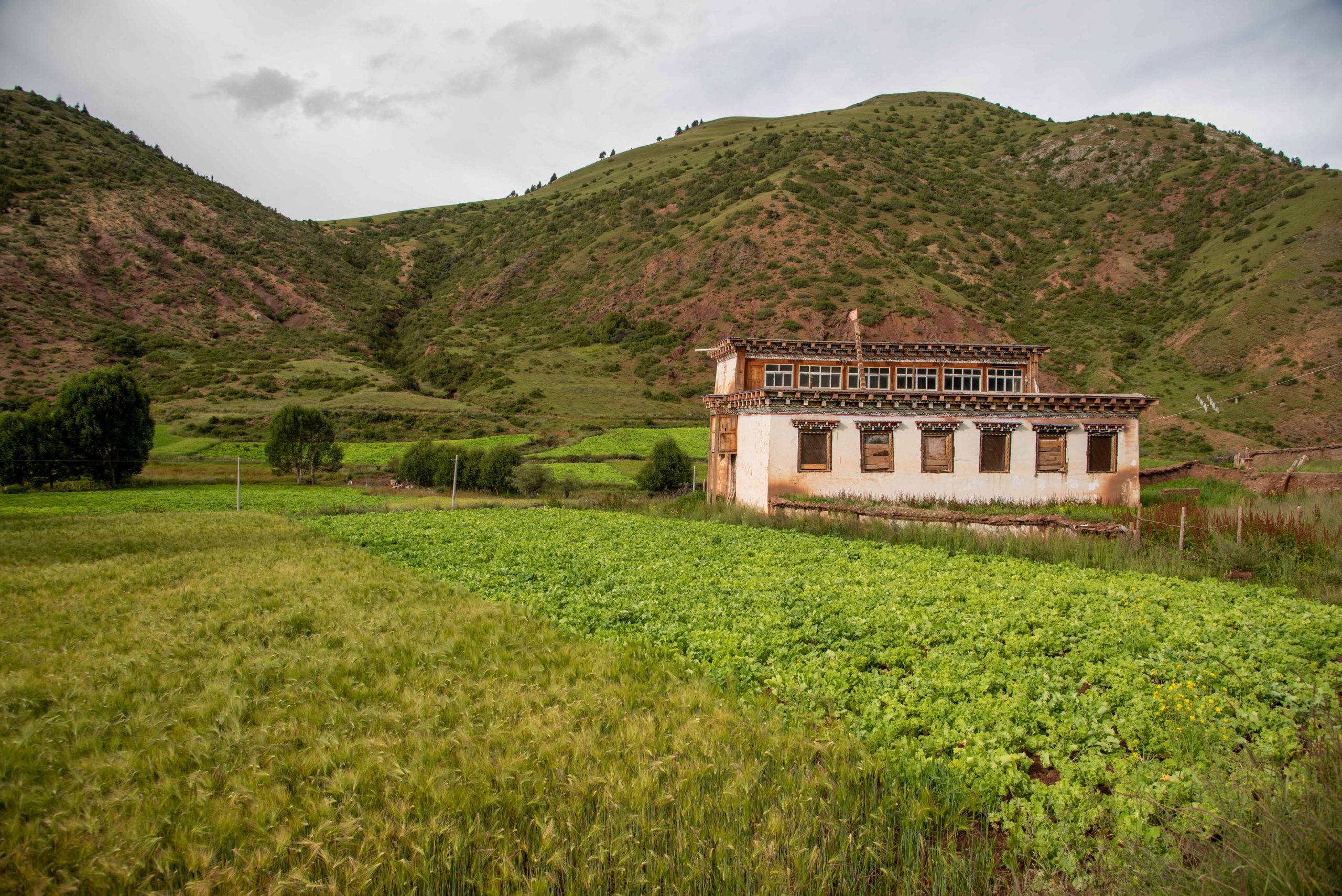
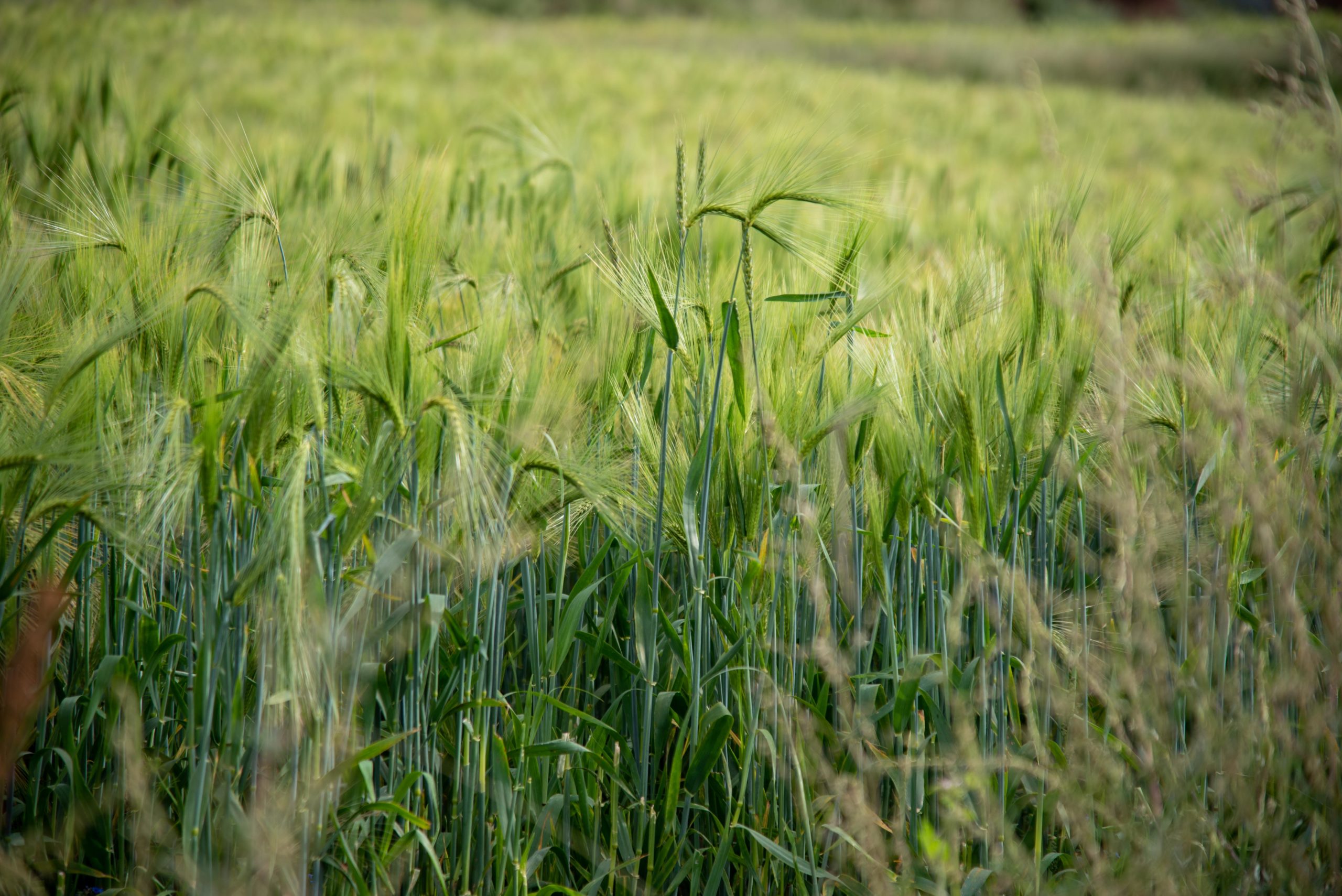
Our guesthouse was on the 318 route and right at the edge of the town. This was the cheapest guesthouse we had stayed so far (only RMB100 per night) but we were pleasantly surprised that the room was warm and more spacious and comfortable than ever expected. So we decided to stay longer and rest up.
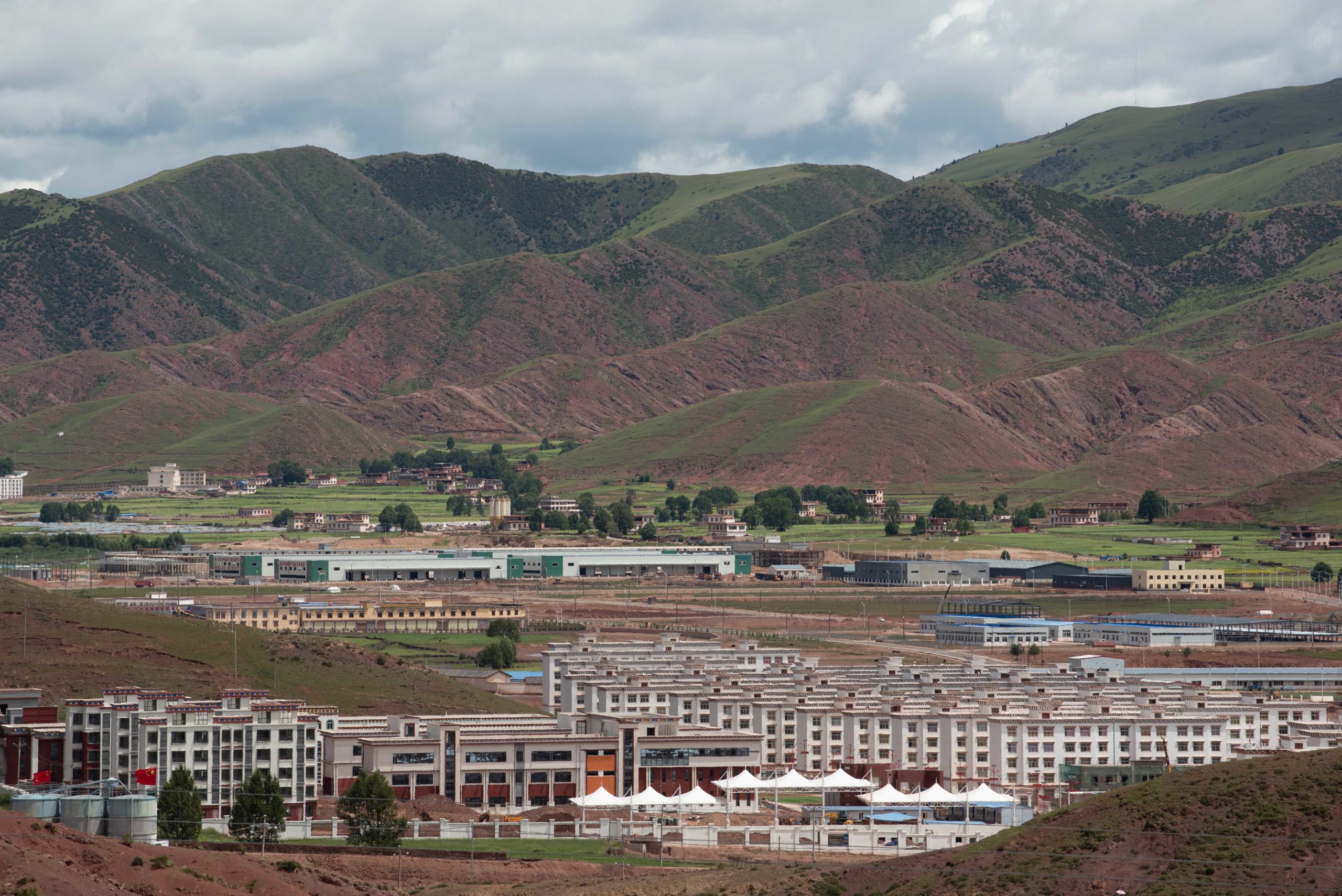
Similar to many other towns we passed along the way, Mangkang is divided into the old and new part. Most of the towns we passed through had undergone re-development funded by both the government and often state-owned companies or other more resourceful provinces. One often sees the main streets or new town squares named after the sponsor company or province.
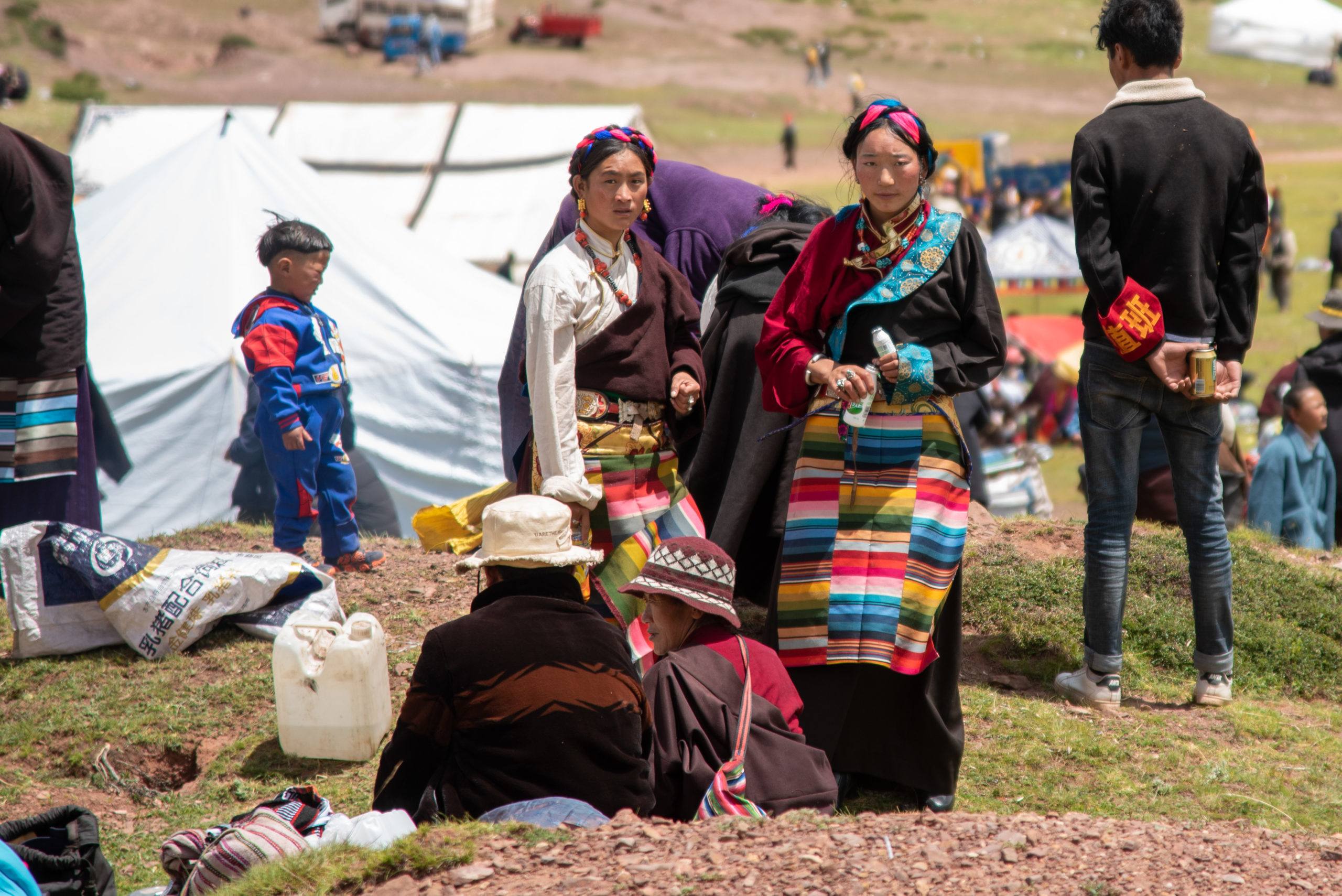
Our room faced a small hill and the first morning, I saw a small herd of cows climbed uphill and one of the cows was reluctant to climb and would only move after a woman chased it repeatedly. Then every afternoon in the town centre, traffic jams were often caused by groups of calves in the middle of the main street and it was amazing to see how they always went home on their own at the same time and knew their way home.
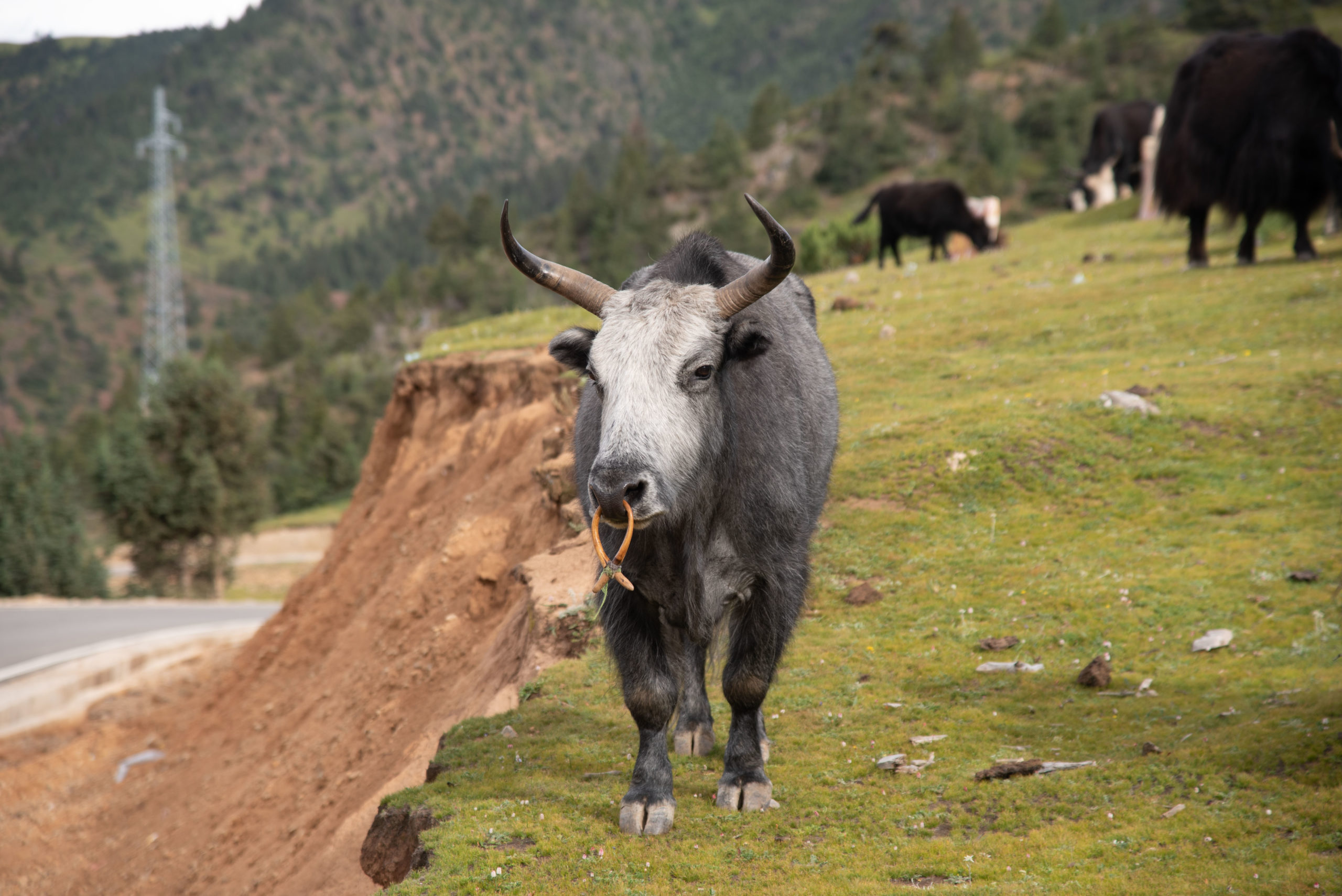

Mangkang does not have any touristy spots but we love exploring small towns. We had lunch at a small Tibetan teahouse and went to the local market. We found a restaurant next to the temple where many locals had tea and snacks, so we decided to sit down. Just when we were wondering how to order the tea, a young Tibetan man started chatting to us and he helped us order the tea and potato fries. He ended up sitting with us and we chatted for over two hours.
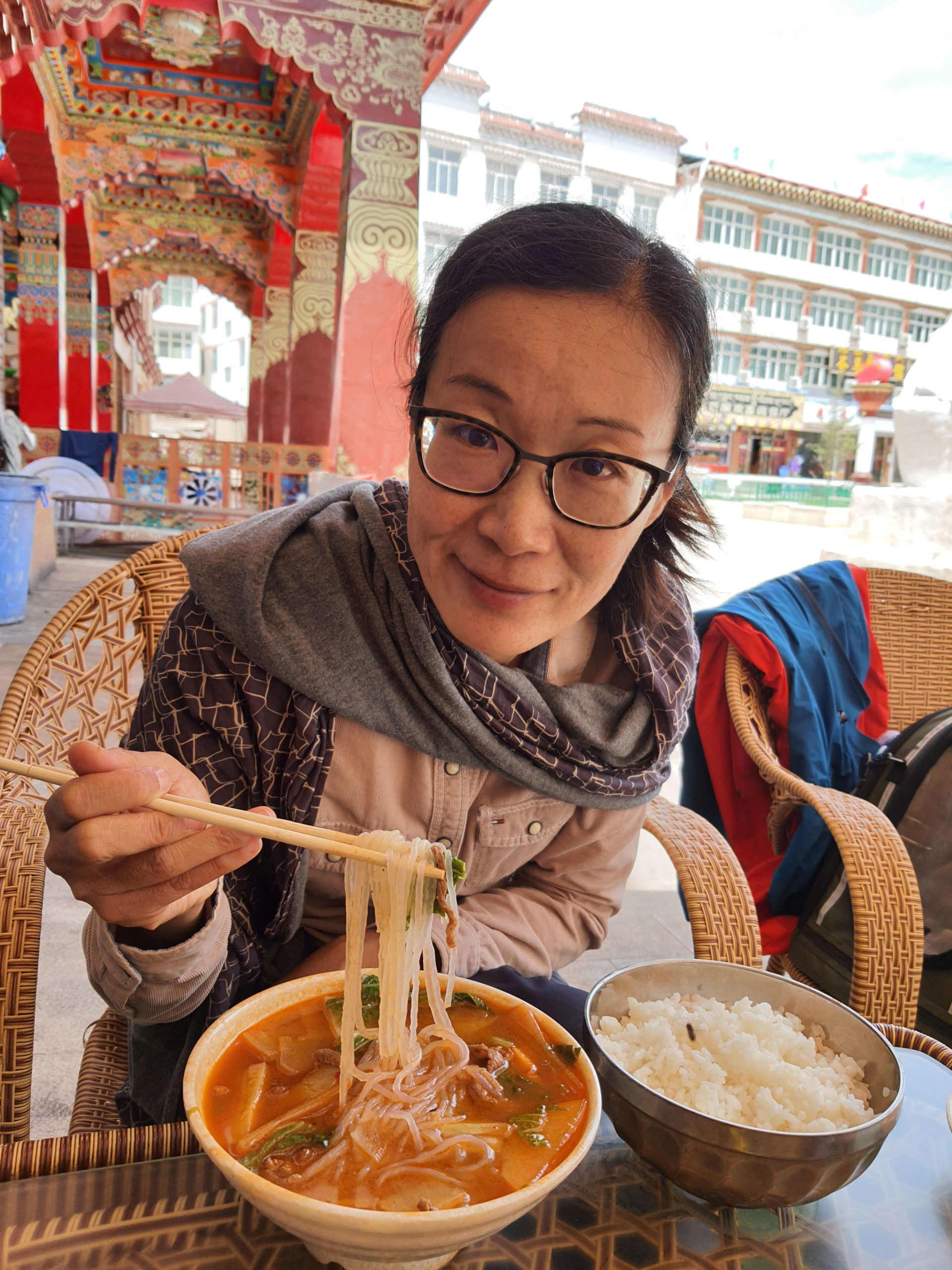
I was surprised by the young man’s candour and he told us that his wife was in hospital. As he needed money to pay the medical bills, he tried to ask a guy with whom he had some kind of business dealings for money but he refused to pay and even beat him up. We asked him why he beat him and he said because he has connections and influence. He told us that in Tibetan society, connection is everything and people with connections can do anything and get away with it. This was actually not the first time we heard about it but what he said reinforced what we heard. We also suspect that part of the reason is that many people like this young man are illiterate and they do not know how to set up legal contracts to protect themselves when they go into business or partnership with others. Hence, the young man emphasized that he would try his best to make sure that his children can all go to schools and get educated.
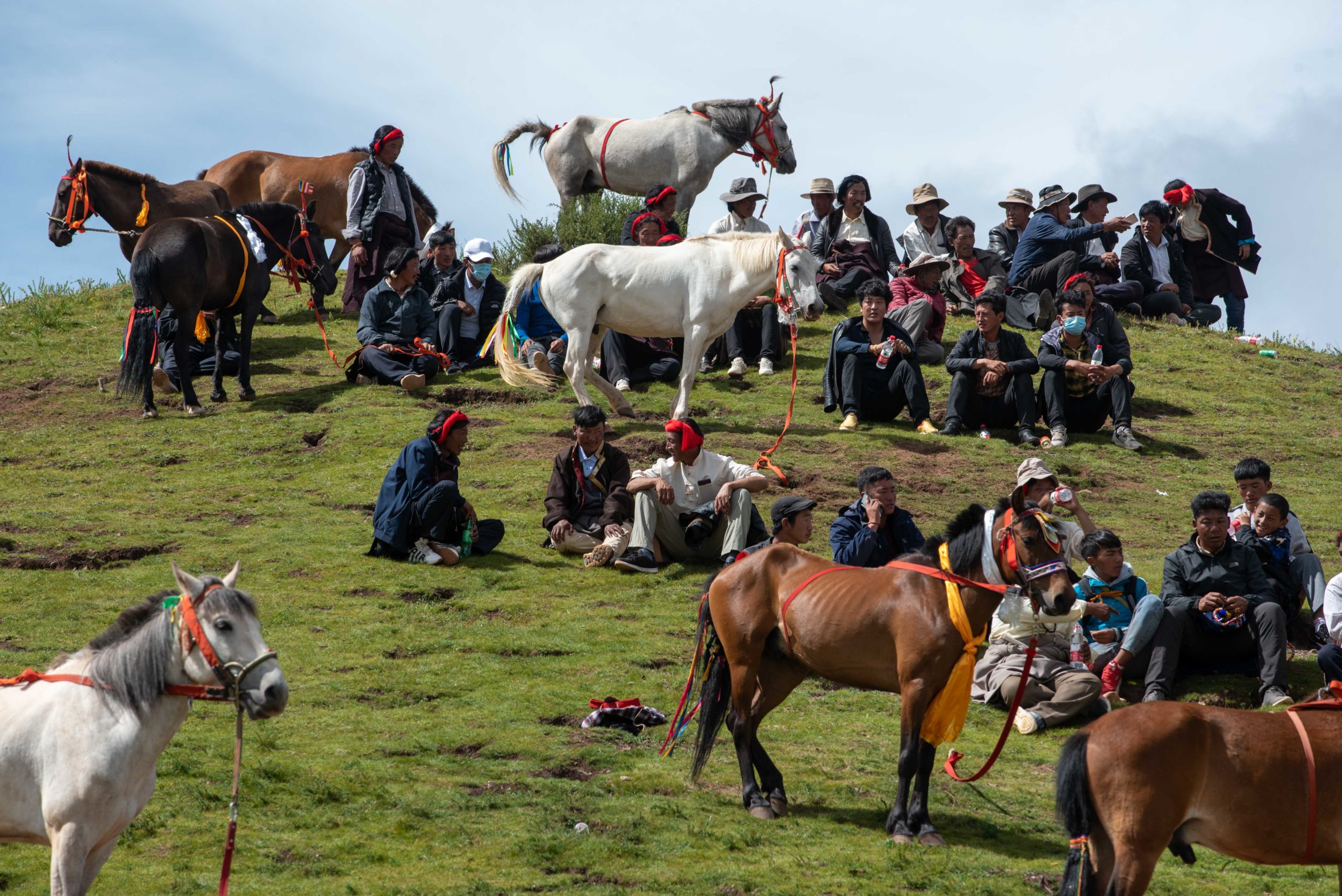
He also told us that there was a horse racing event. The next morning, we drove a few kilometres just outside the town and we saw some exciting races really close up. All the jockeys were young men who raced in jeans and shirts. Some of them had a little backpack on their backs, which we thought was to add some weight so that they all had the same weight. They did not use any harness and they just hopped on the horse so effortlessly. Horse riding is in their blood and part of their DNA.
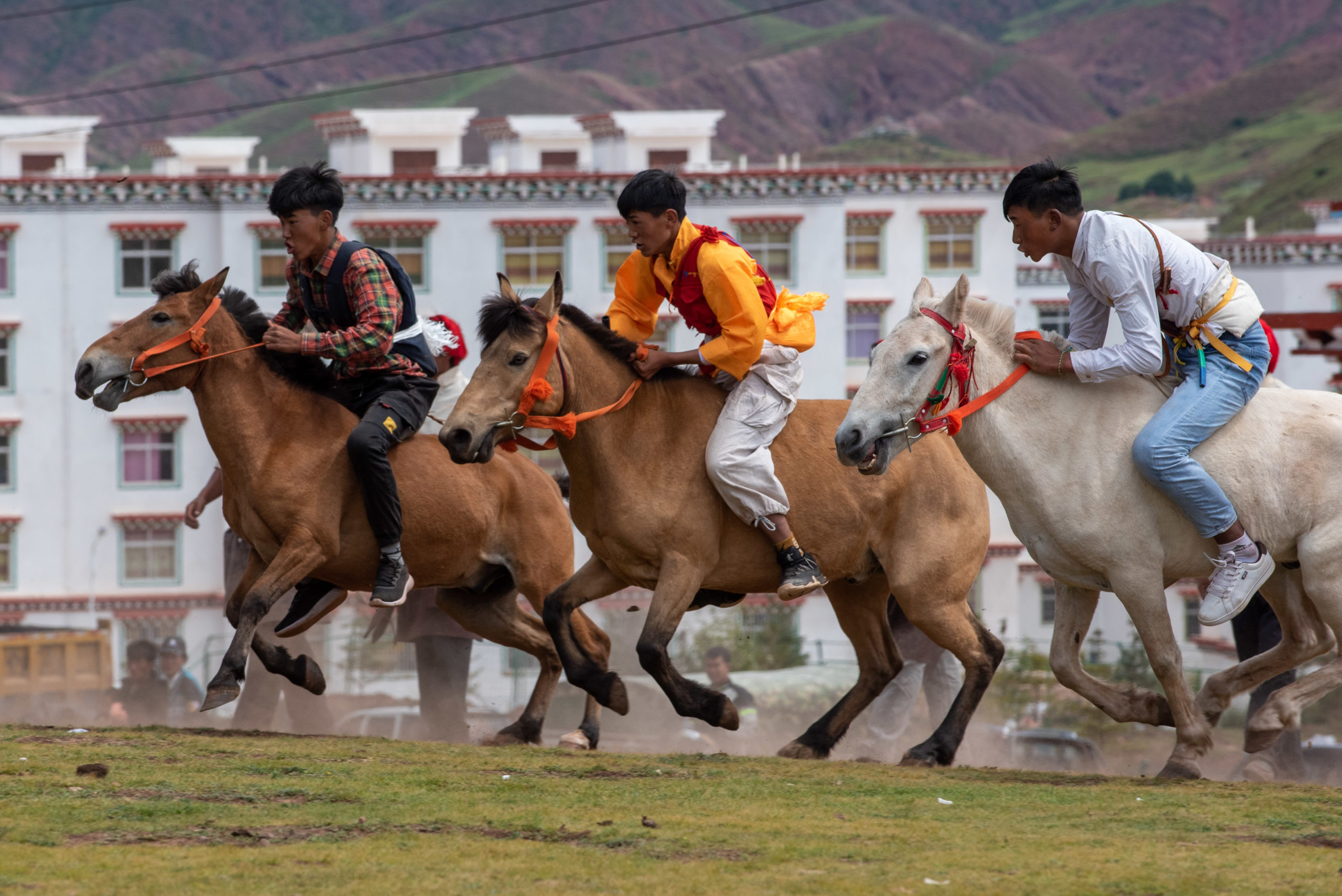
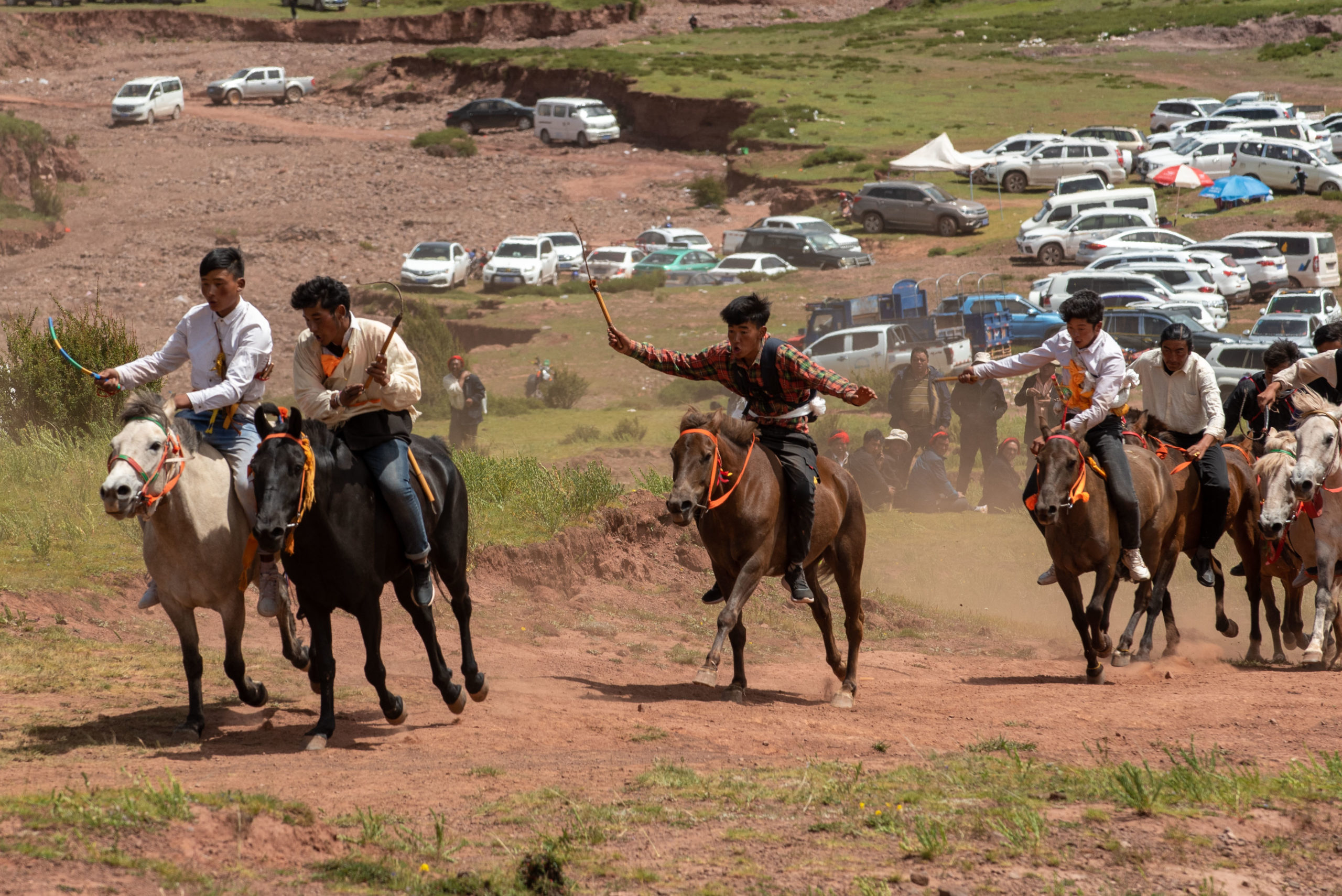
The event was a great outing for the families and we saw many people gathered around after the race for picnic lunch. Thanks to the young Tibetan man from the teahouse, we were able to see probably the most exciting horse racing so far.
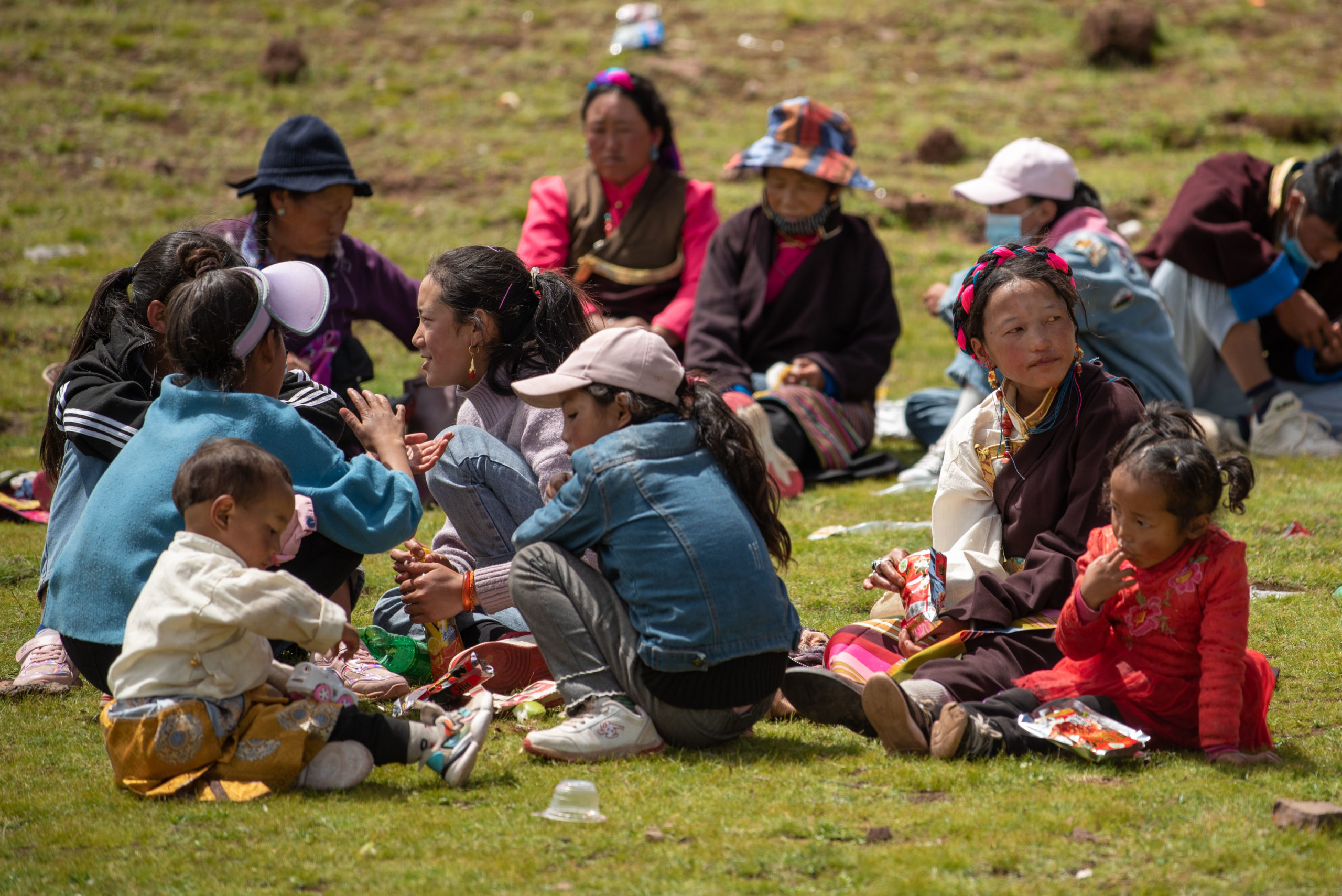
Something rather comical happened when I did our laundry at the guesthouse. I asked the reception if I could wash our clothes and she told me to talk to the restaurant next to the guesthouse and use their washing machine. So I went and saw a woman in a red lace dress with her back facing me. I asked hesitantly if I could use the washing machine. She suddenly turned round and I was shocked to find that her face was covered in a gooey brown paste and I tried so hard not to laugh. She pointed at the toilet to indicate where the washing machine was and I quickly went towards the toilet fearing that I would burst our laughing if I looked at her face again. When I opened the washing machine cover, I saw one bright red bra and a pair of pantyhose inside. The first thought that came into my mind was “wow, it took a lot of water and time to just wash two pieces of very “delicate” clothing”. I politely asked the woman again and tactfully looked away from her sticky muddy face when she took out her lingerie. But I could not resist making a remark that she really loves red. She proudly replied that all her underwear are red and again I had to control myself not to laugh.
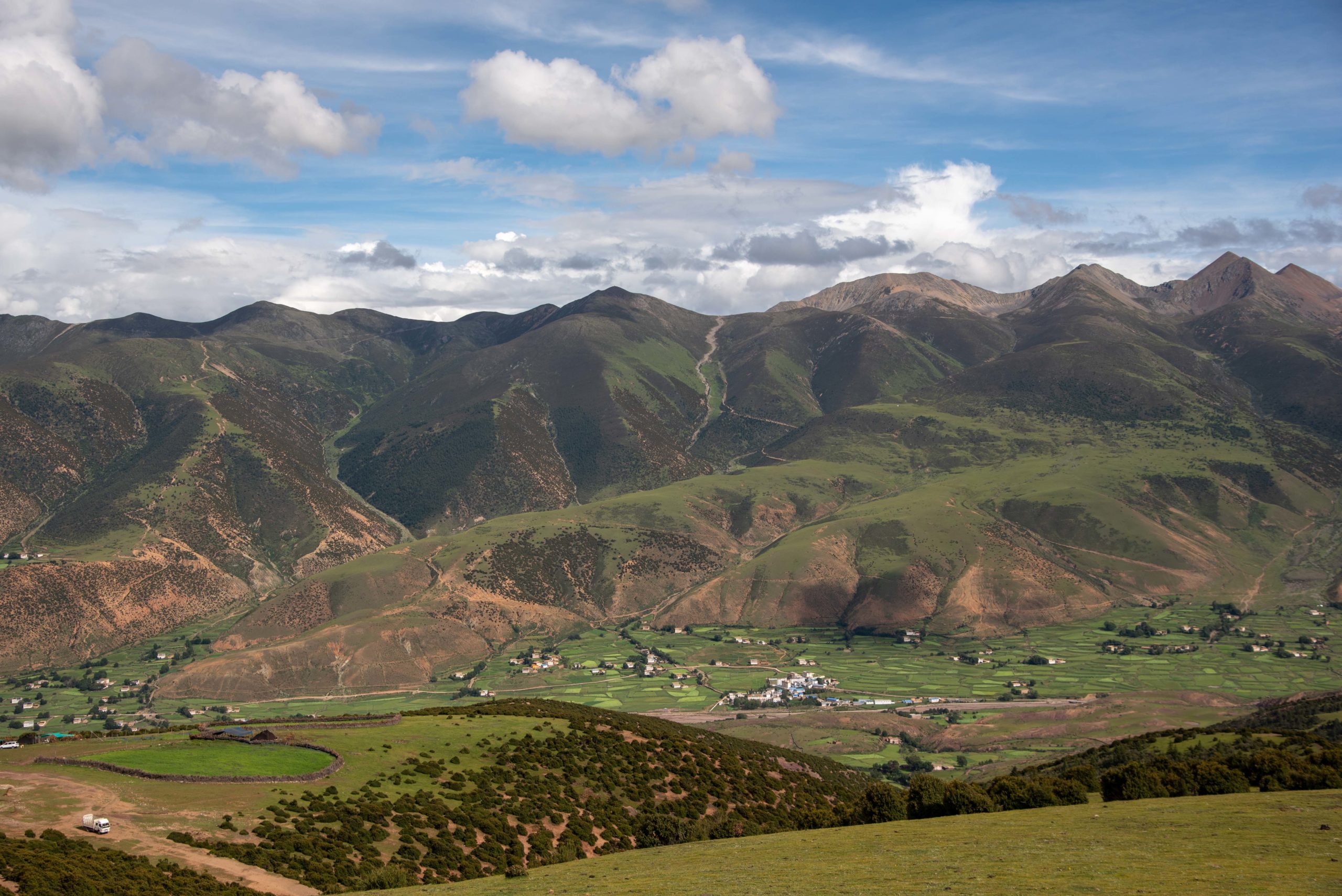
The young man we met at the teahouse also recommended us to visit Lake Mangcuo (莽措湖) that was a 2-hour drive from Mangkang. This is why we love going to places where the locals go, so that we get to talk to them and find out the nice areas that are less touristy. The drive was very scenic and we lost the GPS signal half way and just followed the road signs and eventually stopped when we saw a tent and a few groups of Tibetans picnic and dancing on the meadow. We also saw many small groundhogs (smaller than marmots) which burrowed in the meadow but sadly I saw them scavenging the human garbage that were left behind by people after their picnic.
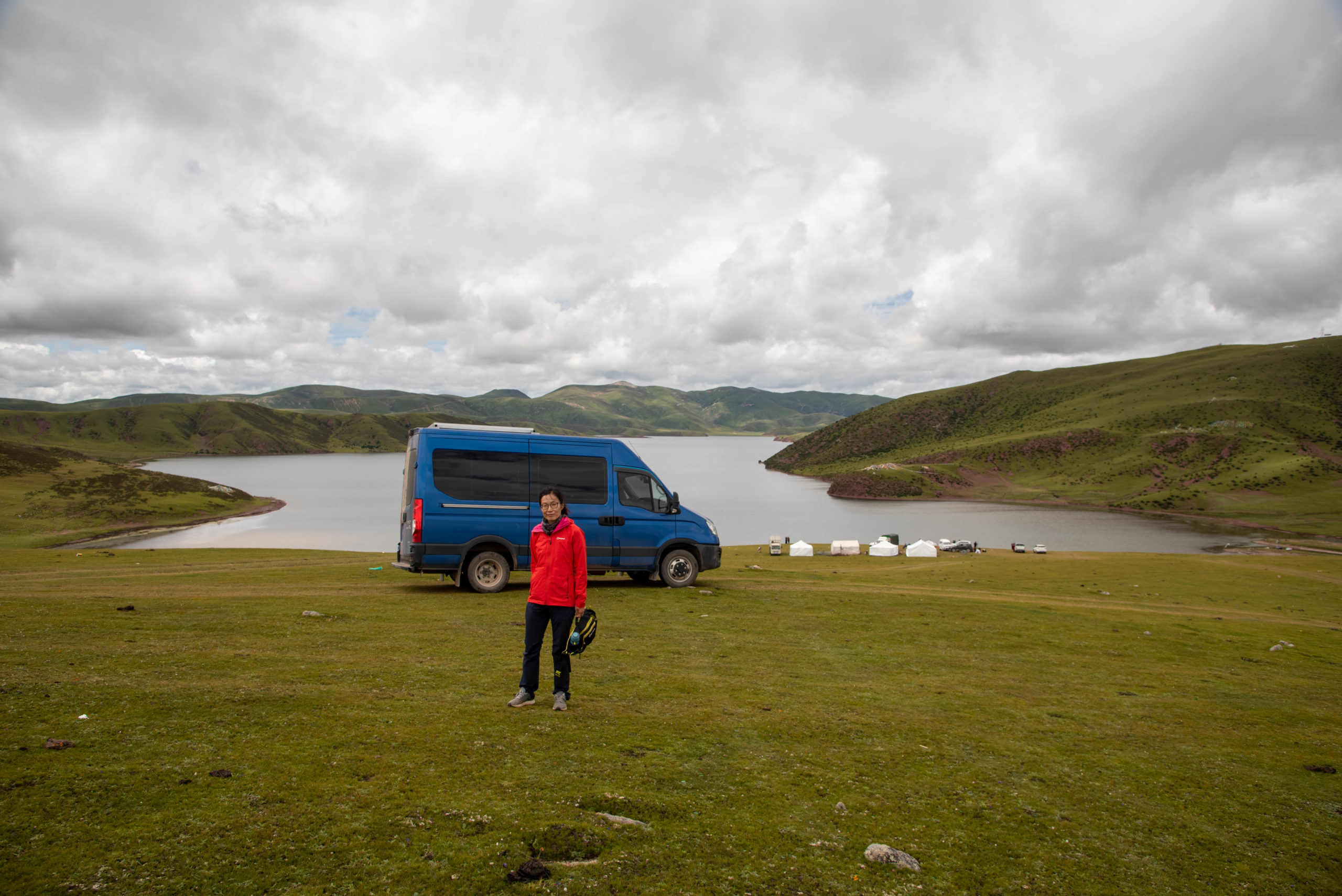
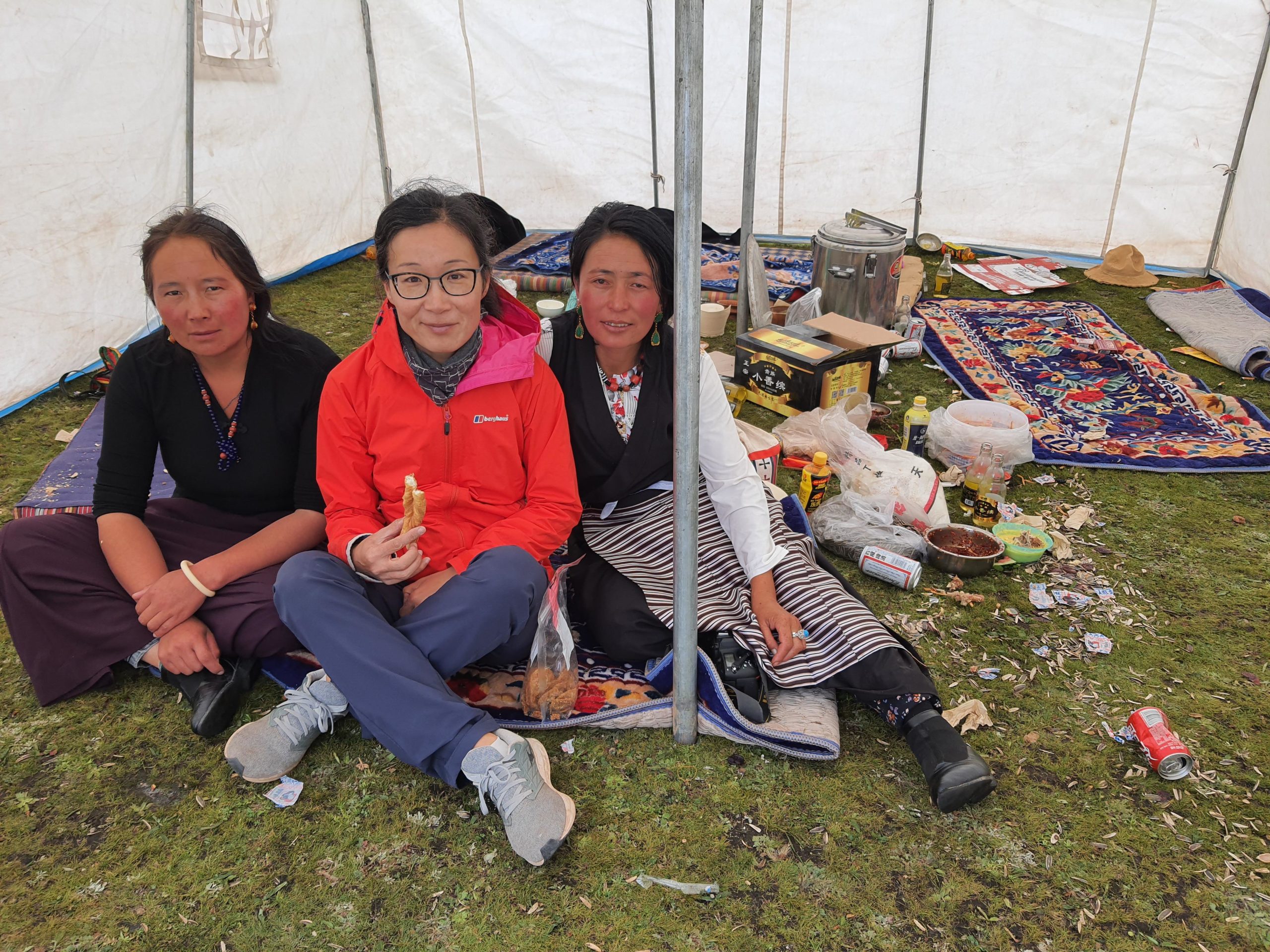
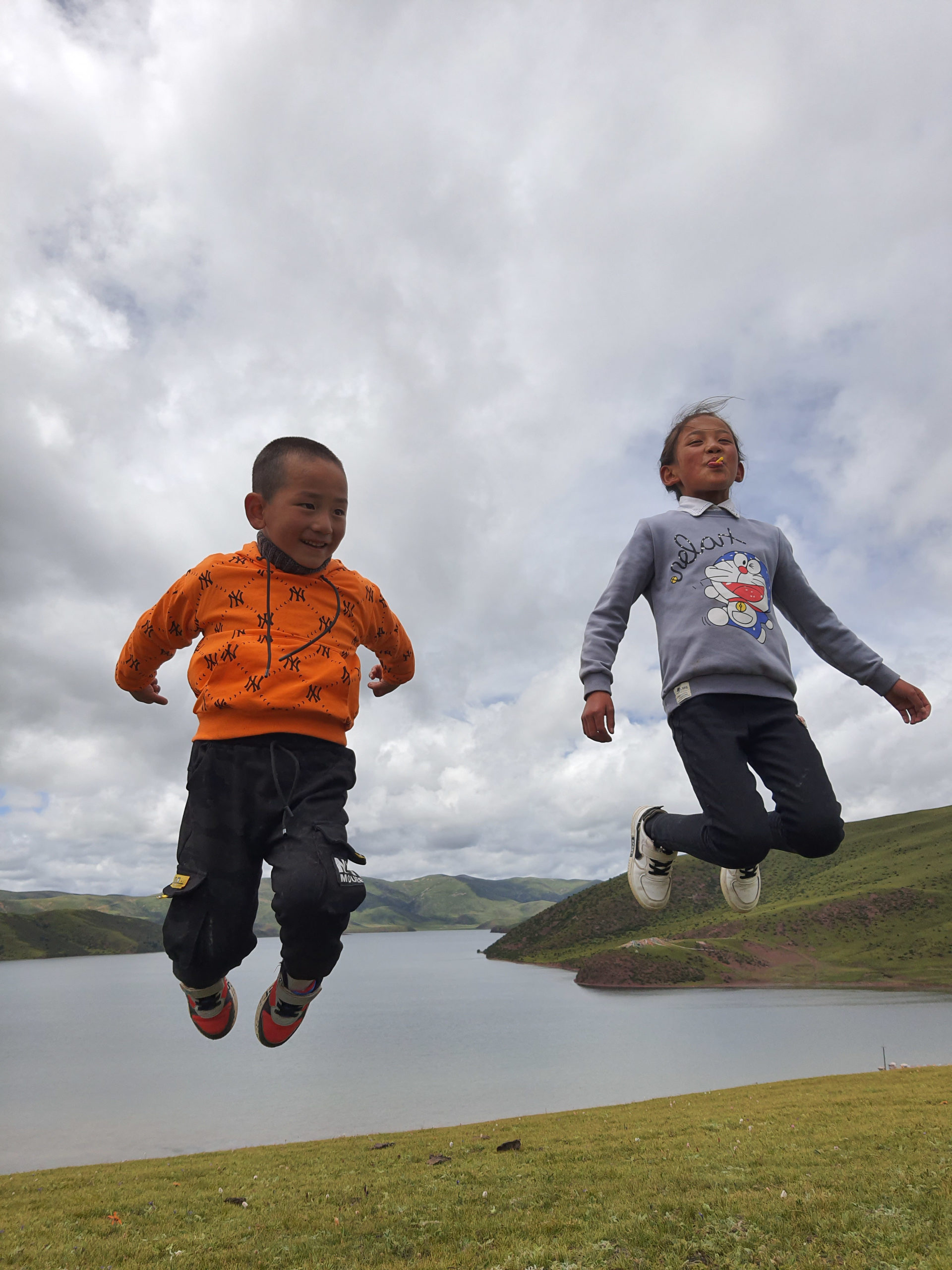
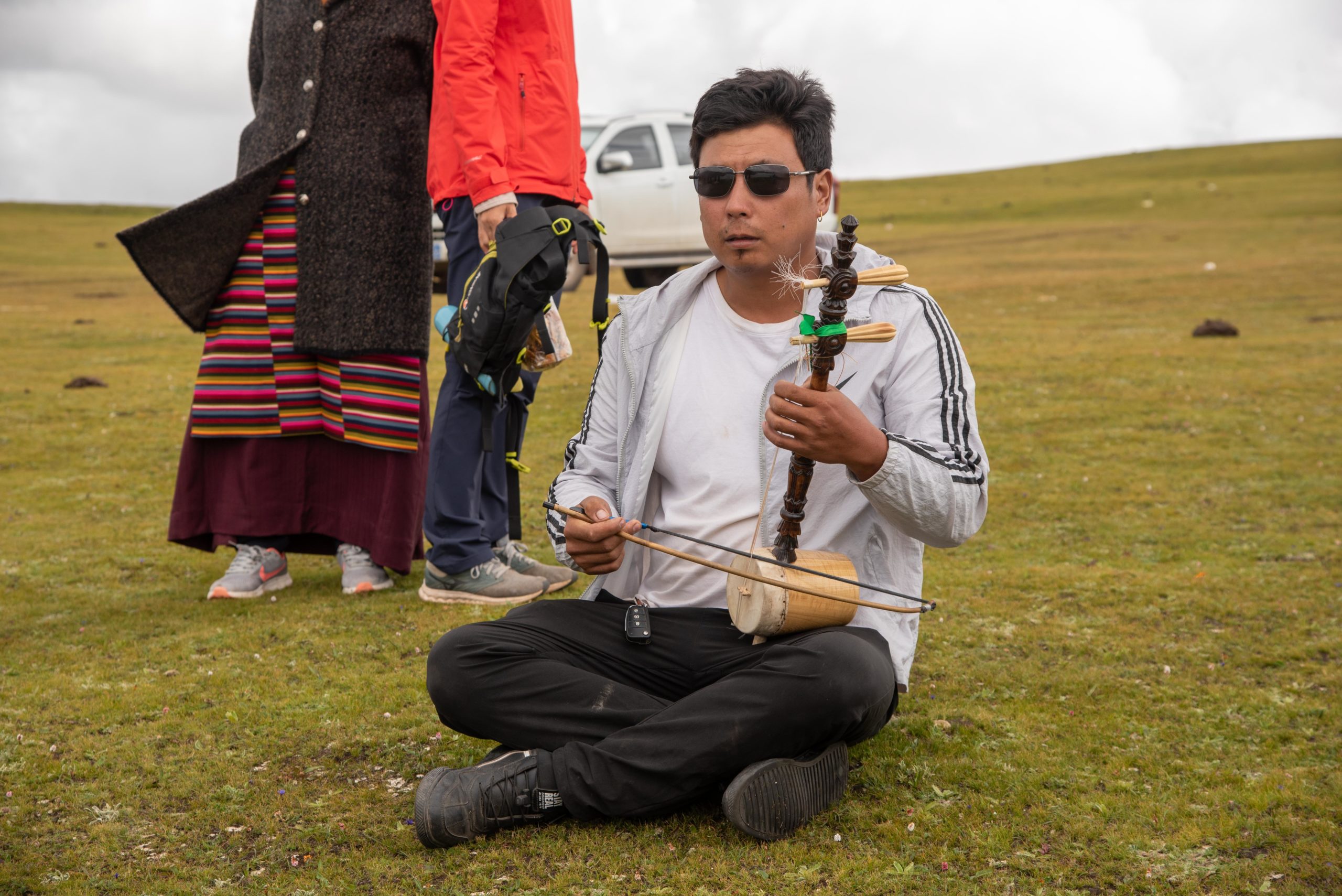
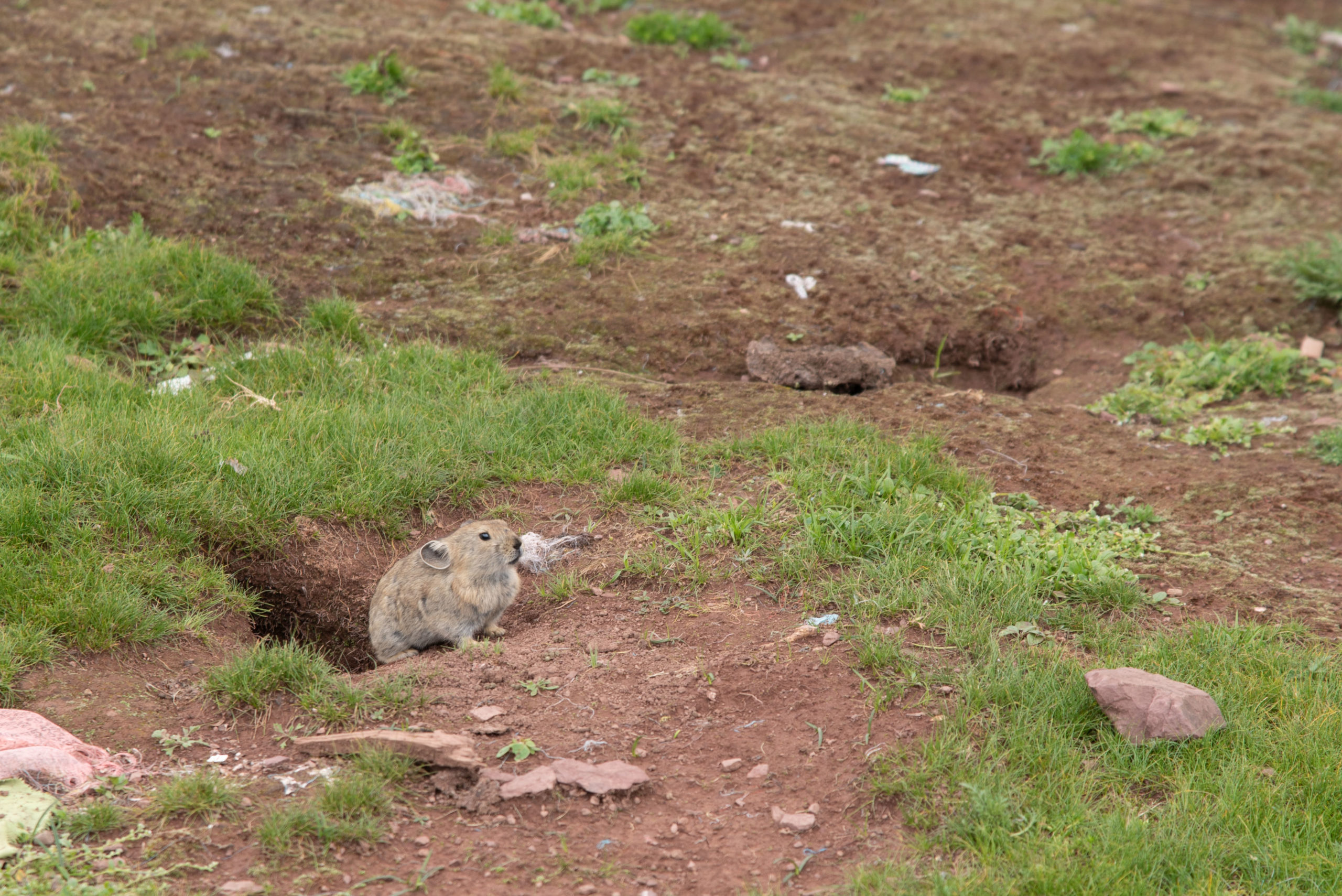
People are probably surprised that we could stay in Mangkang for four days but just sitting at the teahouse people watching while enjoying the sweet milk tea was so much fun that we went back to the same place for lunch and afternoon tea. So you could imagine why four days just flashed by before we knew it. We finally left Mangkang before we got too comfortable in our spacious cosy room and headed west towards Zuogong (左貢).
Accommodation: 芒康云之上精品酒店

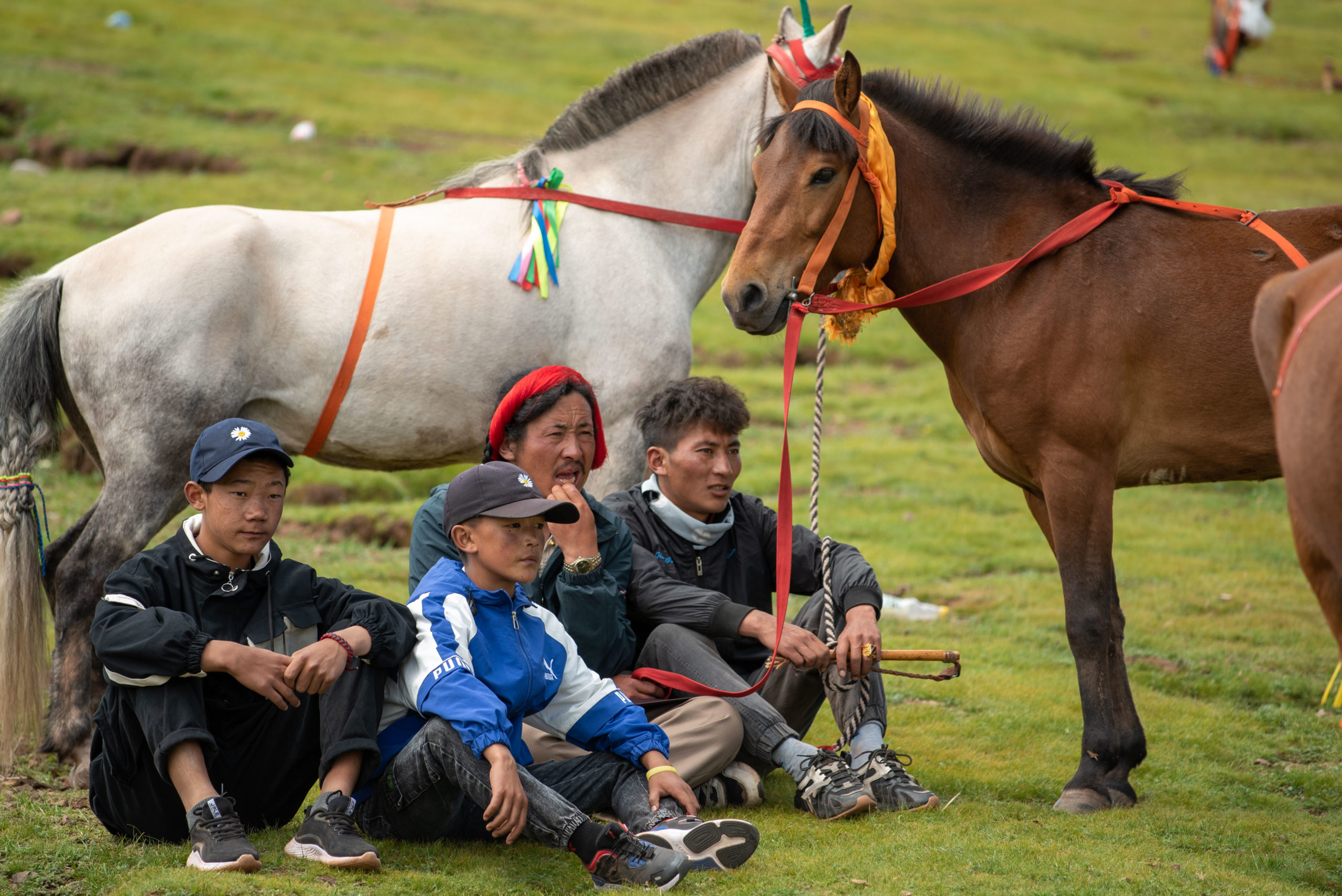
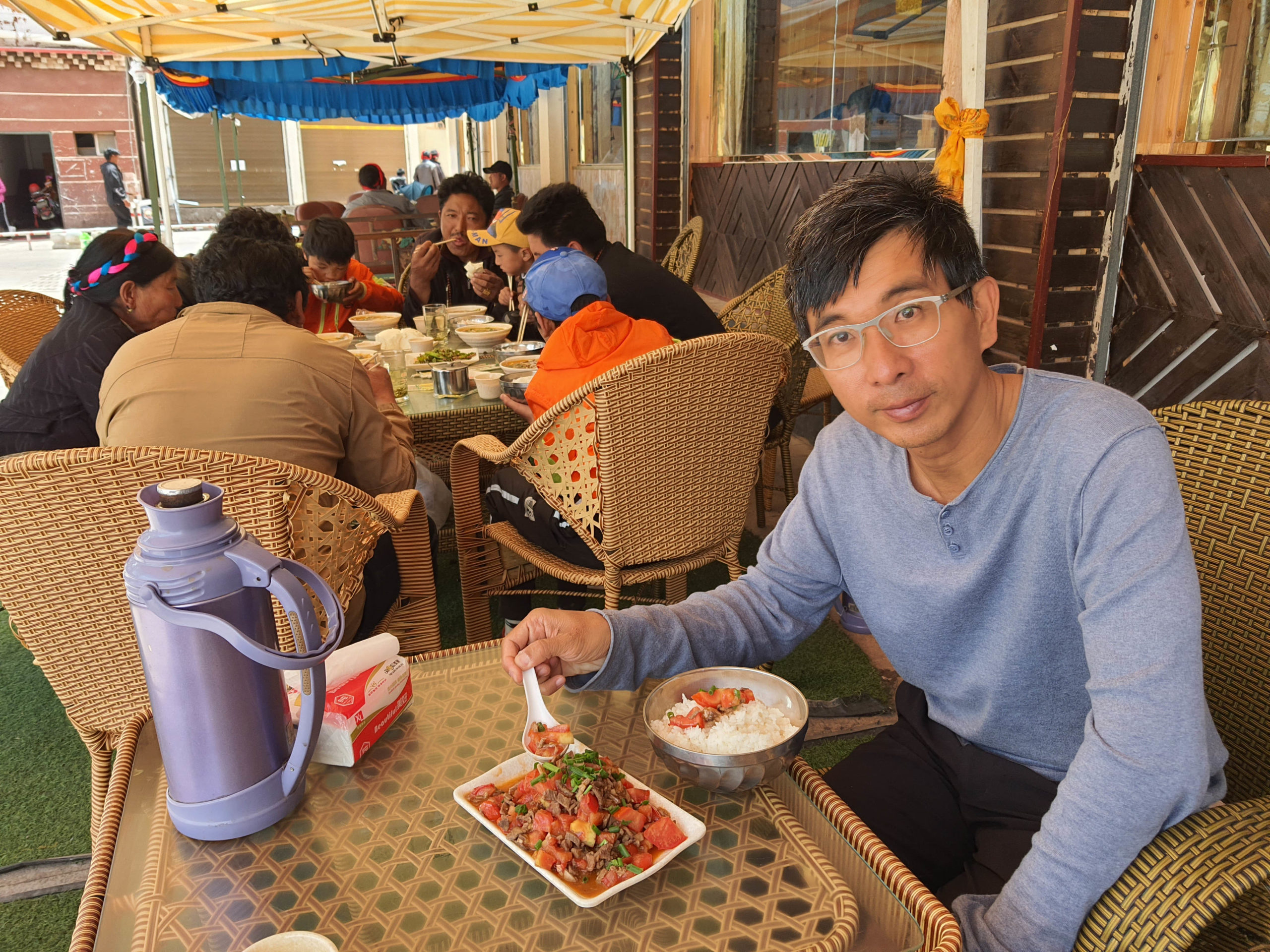
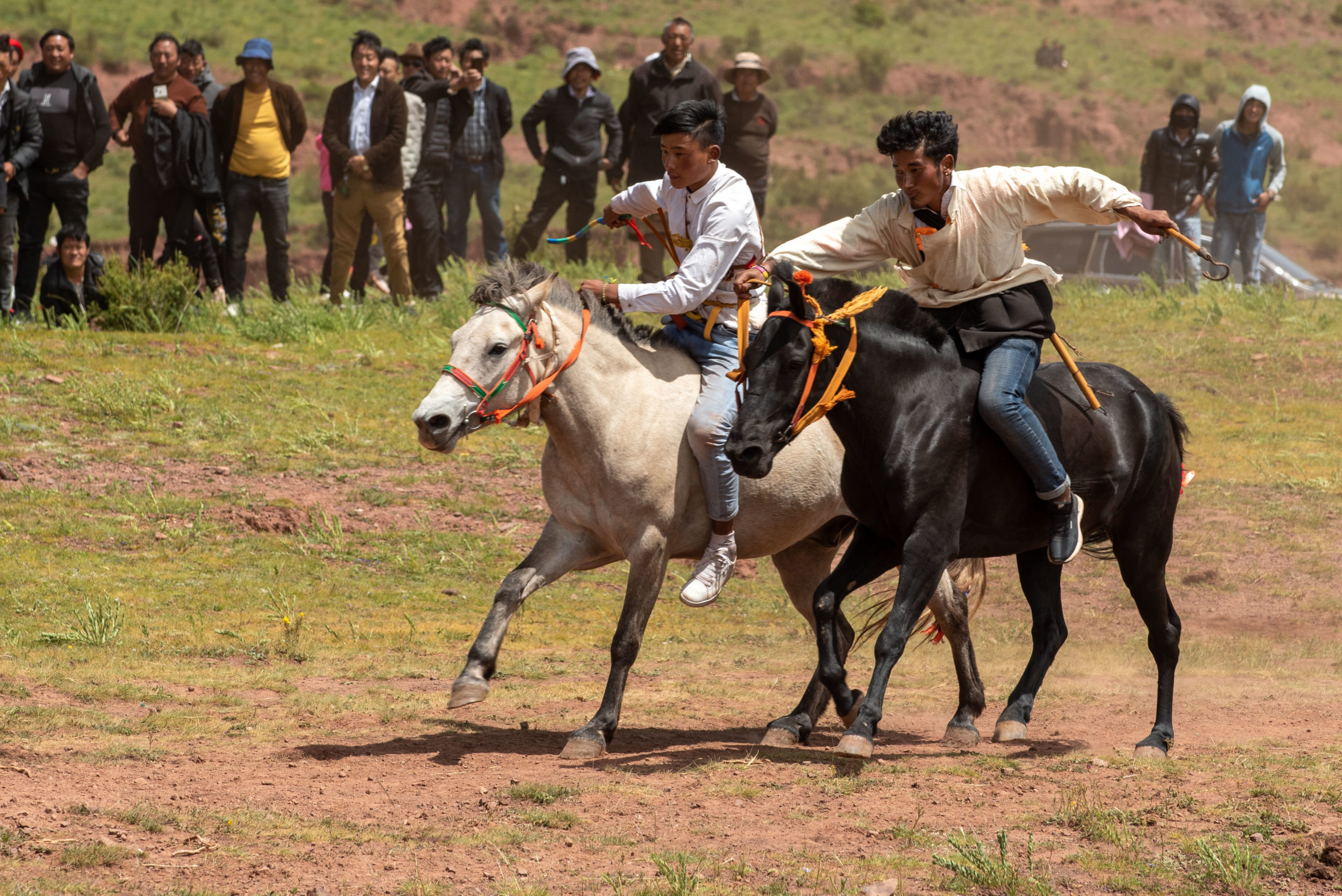
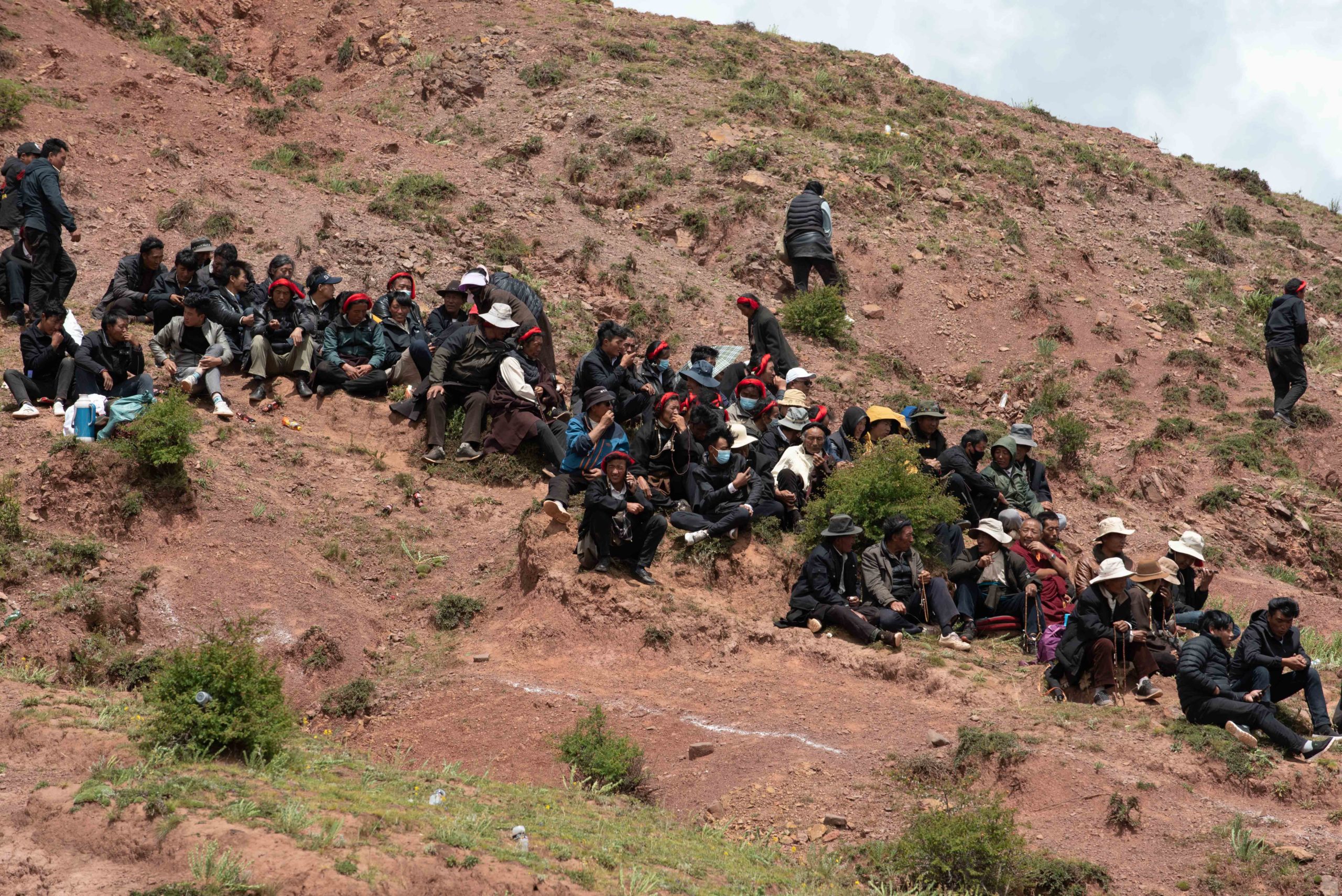
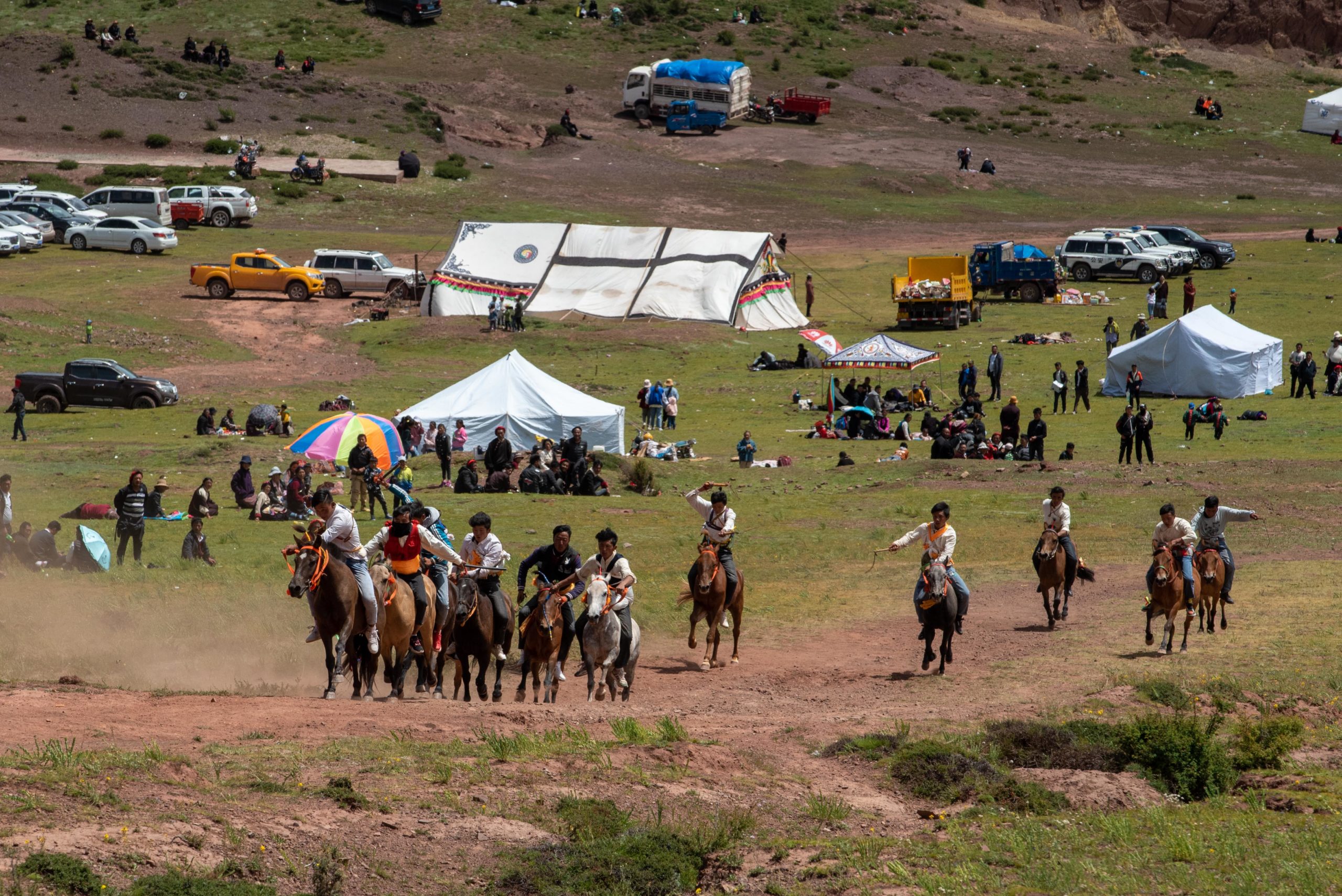
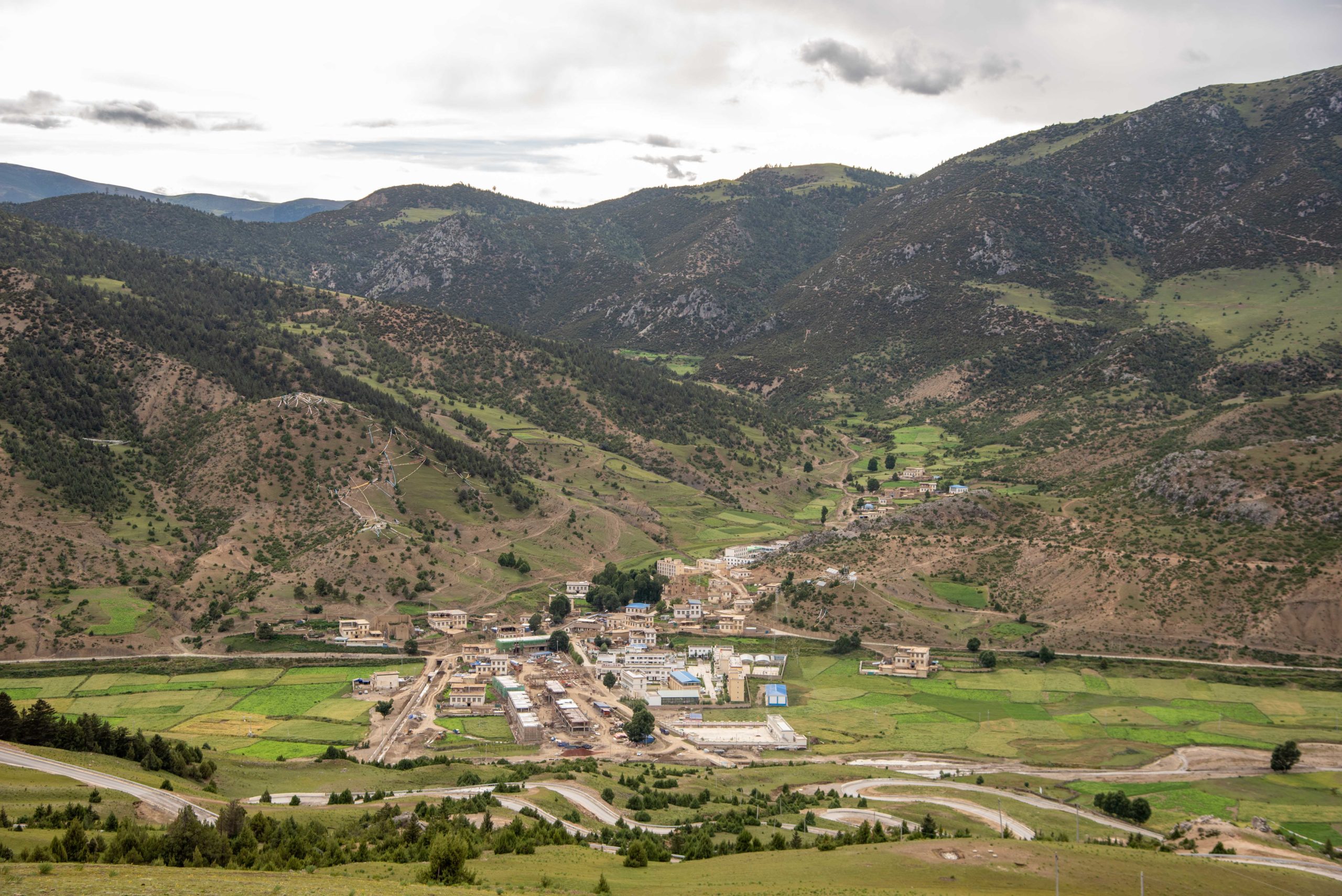
Thank you for bringing us to such an amazing journey with the pieces of interesting scenery like the red bra lovers n’ the horse racing in the meadow…..
Glad you like the story. We don’t see red bra everyday but will remember to let you know the next time we find one.
隻土拔鼠好肥🤣
可能因為佢地就快要過冬,佢地好得意